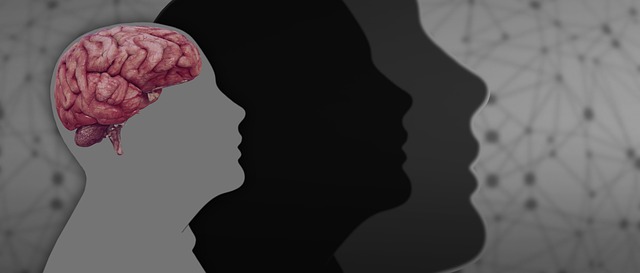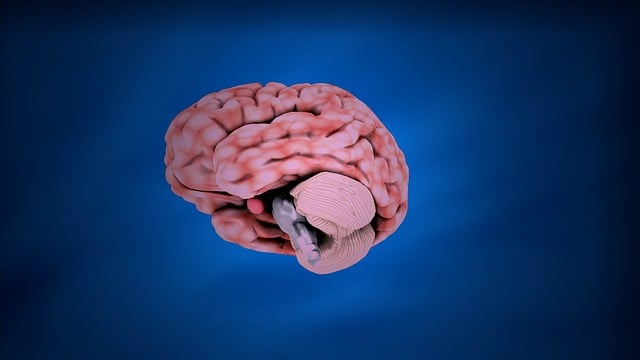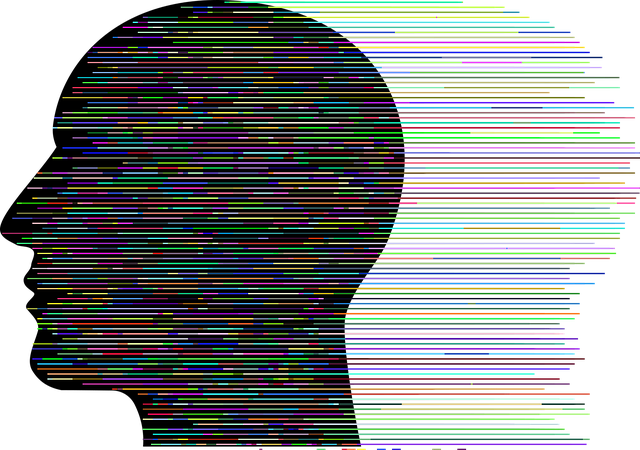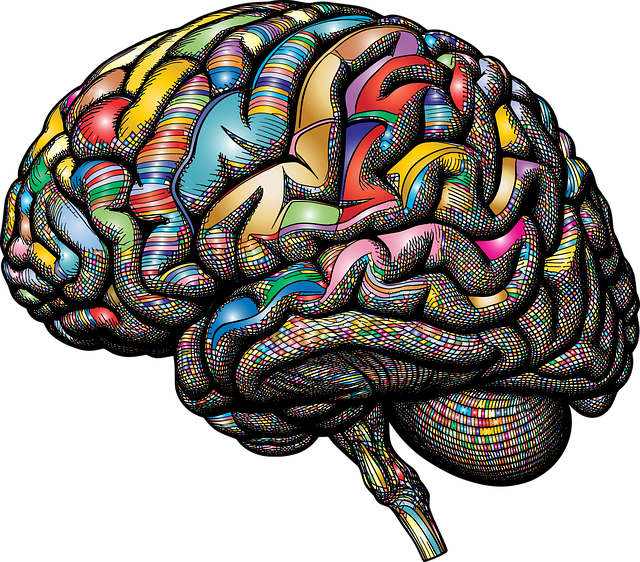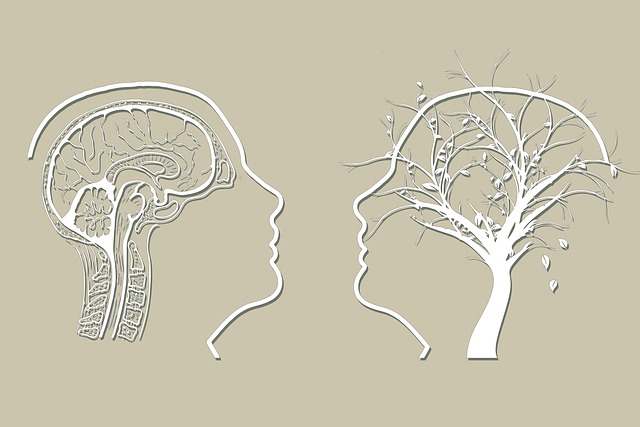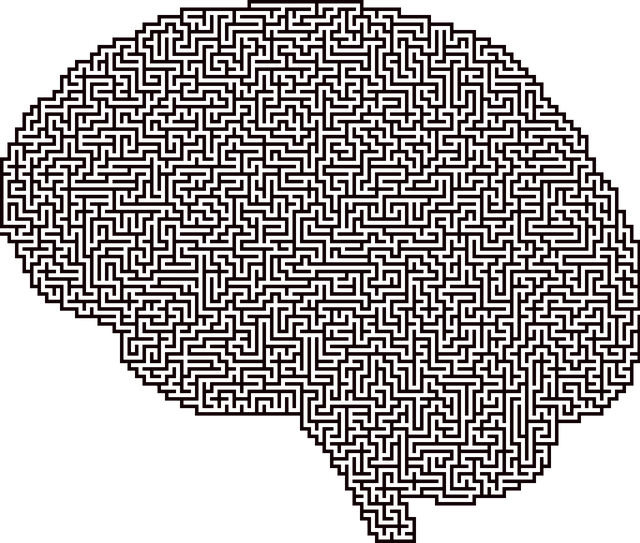Developing a self-care routine for mental wellness is crucial for individuals with Attention Deficit Disorder (ADD) or ADHD, particularly through Centennial ADD-ADHD Therapy. This involves understanding individual differences, integrating cultural sensitivity, and social skills training. Effective self-care routines include mindfulness meditation, exercise, journaling, and quality sleep. Structured practices, tracked progress, and flexibility ensure tailored care for enhanced well-being, stress management, and community resilience.
“Uncover the path to optimal mental wellness with a tailored self-care routine, as guided by Centennial ADD-ADHD therapy experts. This comprehensive article explores the intricate process of understanding your unique mental health needs and transforming them into powerful self-care practices. From stress reduction techniques to mindfulness integration, we delve into actionable strategies for establishing consistency. Learn how to track progress and adapt your routine, ensuring a dynamic approach to enhancing overall well-being. Embrace a holistic mental wellness journey with the insights from Centennial ADD-ADHD therapy specialists.”
- Understanding Your Mental Wellness Needs: A Centennial ADD-ADHD Therapy Perspective
- Identifying Self-Care Activities for Stress Reduction and Mood Enhancement
- Establishing a Routine: Tips for Consistency from Centennial ADD-ADHD Therapists
- Incorporating Mindfulness and Relaxation Techniques into Daily Life
- Tracking Progress and Adjusting Your Mental Wellness Self-Care Routine
Understanding Your Mental Wellness Needs: A Centennial ADD-ADHD Therapy Perspective

Developing a self-care routine for mental wellness is a deeply personal journey, and understanding your unique needs is the first step. This is particularly crucial for individuals with Attention Deficit Disorder (ADD) or Attention Deficit Hyperactivity Disorder (ADHD), as Centennial ADD-ADHD Therapy has shown that a tailored approach can significantly improve overall well-being. In the context of mental health care, recognizing individual differences is essential. Every person’s experience with ADD/ADHD is distinct, influenced by various factors such as genetic predisposition, environmental stimuli, and cultural background.
From a therapy perspective, addressing these nuances involves creating comprehensive plans that go beyond standard treatments. Effective risk management planning for mental health professionals plays a vital role in providing specialized care. Additionally, integrating Cultural Sensitivity in Mental Healthcare Practice ensures that self-care routines are inclusive and adaptive to diverse needs. Social Skills Training is another valuable tool, helping individuals develop coping mechanisms and enhance their ability to navigate social environments, which can be particularly challenging for those with ADD/ADHD.
Identifying Self-Care Activities for Stress Reduction and Mood Enhancement

Identifying Self-Care Activities for Stress Reduction and Mood Enhancement
In today’s fast-paced world, prioritizing mental wellness is more crucial than ever. For individuals with conditions like Centennial ADD-ADHD, managing stress and maintaining a positive mood can be particularly challenging. Incorporating tailored self-care activities into daily routines offers a powerful tool to counterbalance the demands of life. Engaging in practices such as mindfulness meditation, regular physical exercise, and journaling can significantly reduce stress levels and elevate mood. These activities provide an opportunity for individuals to reconnect with themselves, find clarity, and cultivate a sense of calm amidst chaos.
The role of self-care extends beyond fleeting relief; it empowers individuals to take charge of their mental health. By proactively selecting activities that resonate personally, one can develop a robust self-care routine. The Mental Wellness Podcast Series Production offers valuable resources for exploring various techniques, while the Risk Management Planning for Mental Health Professionals and Healthcare Provider Cultural Competency Training ensure that support systems are in place to facilitate this journey. Ultimately, recognizing the importance of self-care is a significant step towards fostering resilience and enhancing overall mental wellness.
Establishing a Routine: Tips for Consistency from Centennial ADD-ADHD Therapists

Establishing a mental wellness self-care routine is transformative, and Centennial ADD-ADHD Therapists offer invaluable insights for those seeking consistency. The first step involves understanding that routines aren’t about rigidity; they’re personal, flexible frameworks designed to support your well-being. Start by identifying activities that nurture your mind, body, and spirit—whether it’s meditation, regular exercise, journaling, or quality sleep.
Consistency is key, but it doesn’t have to be overwhelming. Begin with small, manageable changes and integrate them into your existing schedule. Consider incorporating structured self-care practices during specific times of the day, such as morning mindfulness exercises or evening wind-down routines. Regularly assess what works best for you and adjust accordingly. Remember, a well-structured Self-Care Routine Development for Better Mental Health can significantly enhance stress management skills and even boost confidence, all facilitated by expert guidance from Centennial ADD-ADHD Therapists.
Incorporating Mindfulness and Relaxation Techniques into Daily Life

Incorporating mindfulness and relaxation techniques into daily life can significantly enhance mental wellness. Practices such as meditation, deep breathing exercises, and yoga are evidence-based tools that help manage stress, anxiety, and even symptoms associated with conditions like Centennial ADD-ADHD Therapy. By carving out dedicated time for these activities, individuals can cultivate a deeper sense of calm and clarity, thereby improving their overall well-being.
Self-care routine development should prioritize mental health education programs designed to equip people with the skills needed to navigate life’s challenges. Engaging in regular mindfulness practices not only promotes emotional resilience but also fosters better coping strategies. This, in turn, can lead to a reduction in the negative impact of mental illness stigma and encourage individuals to seek support when needed, ultimately contributing to a healthier and more supportive community.
Tracking Progress and Adjusting Your Mental Wellness Self-Care Routine

Tracking your progress is a vital component of refining your mental wellness self-care routine, especially when seeking Centennial ADD-ADHD Therapy or exploring resilience building strategies. Regularly assess how different practices impact your overall well-being. Keep a journal to record your thoughts, moods, and behaviors before and after each activity. Note what works best for you and which aspects require adjustments. This introspective approach allows you to identify patterns and make informed decisions about your self-care journey.
As you continue your mental health awareness path, remain flexible and open to adapting your routine. Life circumstances change, and so do our needs. If a particular practice becomes less effective or new challenges arise, don’t hesitate to modify your approach. Incorporate conflict resolution techniques to navigate any internal or external conflicts that may impact your self-care progress. Regularly reviewing and updating your routine ensures it remains tailored to your unique mental wellness needs.
Developing a personalized mental wellness self-care routine, with guidance from Centennial ADD-ADHD therapy experts, is a transformative journey. By understanding your unique needs, identifying effective activities, and establishing a consistent routine, you can significantly improve stress reduction and enhance overall mood. Incorporating mindfulness techniques ensures a holistic approach to well-being. Regular tracking and adjustments are key to maximizing the benefits of this self-care routine. Remember, with dedication and the right tools, Centennial ADD-ADHD therapy can empower individuals to take control of their mental health and lead fulfilling lives.

